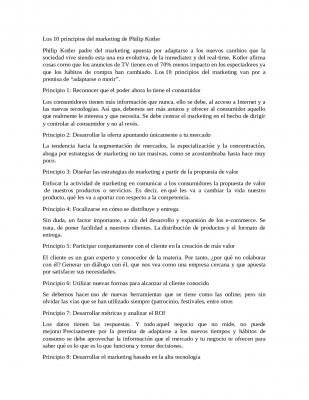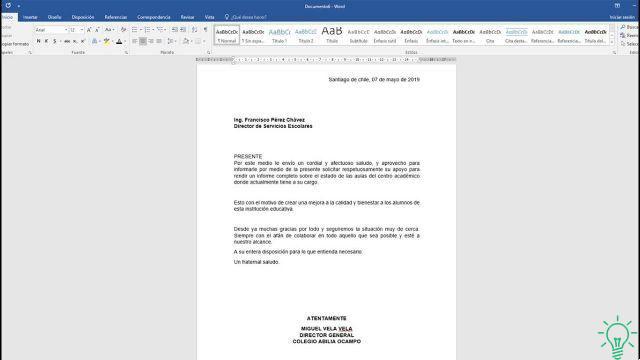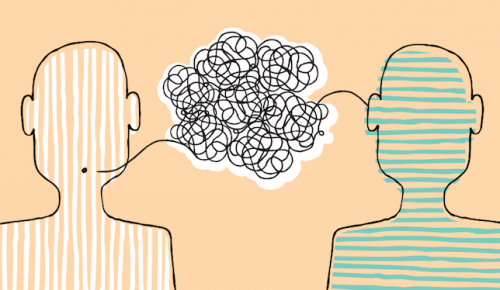Returning to work after depression requires a transition period; we must adapt to change, recover our daily life and work on our mind to avoid relapses and facilitate our reintegration into society.

Written and verified by the psychologist GetPersonalGrowth.
Last update: 15 November 2021
Going back to work after depression isn't easy. Not only because there is a return to the fight with the routine, but also because of the risk of a relapse and the weight of the social stigma. What's more, those around us do not always understand the critical psychological state in which we find ourselves, showing themselves to be helpful or supportive. This further complicates our return to work.
When it comes to depression, stress or anxiety disorders, it is not easy to find information on how to get back to normal life. This is an issue as important as it is decisive, since it often determines complete recovery or, on the contrary, the risk of a relapse.
Let's find out in this article how to get back to work after a depression.
The fears that crowd the mind of a person who has gone through a period of depression lasting months or years are many, and often hinder the return to work. The feeling of disconnection, doubts about one's skills, the fear of being judged and even the fear of losing one's job are obstacles that complicate the return.
Often being able to recover one's daily life, one's social contacts and work dynamics act as an impulse for a full motivational recovery. If you can make a successful transition and have the right support from those around you, this reintegration will be a success. To do this, we give you some tips.
Anyone can suffer from stress, anxiety or a depressive disorder by being forced to take a period of illness. Companies need to be prepared for this by providing additional resources to support and support their workers.
5 tips for returning to work after depression
Returning to work following depression is a challenge. A depression, with all the consequences that derive from it, does not end when the doctor gives us the ok, but when we return to being functional. This return to functionality requires many steps that are not always easy.
The difficult return after long periods of illness
A first aspect to consider when returning to work after a depression is the duration of the illness. It's not the same as being off work for a month or a year. Usually, the time of depression is quite prolonged, between 6 months and a year. The longer the disturbance continues, the more complications will be upon returning.
Another factor we need to consider is whether the company chooses to opt out of layoff. In these cases the person is faced with a very complicated reality, including the need to find a new job.
Work on thoughts, ideas and attitudes
The prolongation of depression feeds fears and uncertainties that the person has to manage when he returns to work. The most common are the following:
- Fear of not being able to do one's job anymore.
- Fear of being fired for being unproductive.
- Feeling disconnected from the work environment.
- Fear of feeling suffocated, disoriented and not being able to face the working day.
- Fear of being judged and observed.
These and other fears need to be analyzed with a psychologist. The best thing is that the return to work is gradual, so that the person becomes familiar. In addition, the advice is to let a little transition time pass in which to deal with these fears and fears, before throwing yourself back into work.
Retrieve routines, organize schedules and interact with colleagues
Returning to work after a depression implies, first of all, the recovery of one's daily life. From this point of view, it will be important for the person to work on the following dimensions:
- A few days before returning to work, begin to familiarize yourself with the timetables, going to sleep early and waking up as if you were going to the office.
- Organize our activities and priorities, in order to mentally prepare ourselves for the day of our reintegration.
- We can also contact our work colleagues to notify them of our return, thus giving us an idea of what awaits us in the office and the changes that occurred during our absence.
Return to work after depression progressively, avoiding busy days
Although this is not always possible, when returning to work after a depression it is important that the return is progressive. The ideal would be to start with half a day.
Furthermore, it is important to have a collaborative working environment, which perhaps makes available psychological company figures predisposed to the reintegration of people returning from depression.
Activities to avoid relapses
Beyond the work environment, the person needs to keep busy to avoid falling back into depression. The practice of Mindfulness is extremely adequate for these cases, as revealed by a study conducted by Drs. Stefan Hofmann and Alice Sawyer of the University of California.
On the other hand, be able to count on a social network that supports us and do sports, are factors that will benefit our motivation by removing negativity and avoiding relapses.
In conclusion, if facing a depression is already an extremely heavy and cumbersome burden, so is returning to work when we are ready. However, with the right countermeasures, this moment can turn out to be less heavy than expected.

























